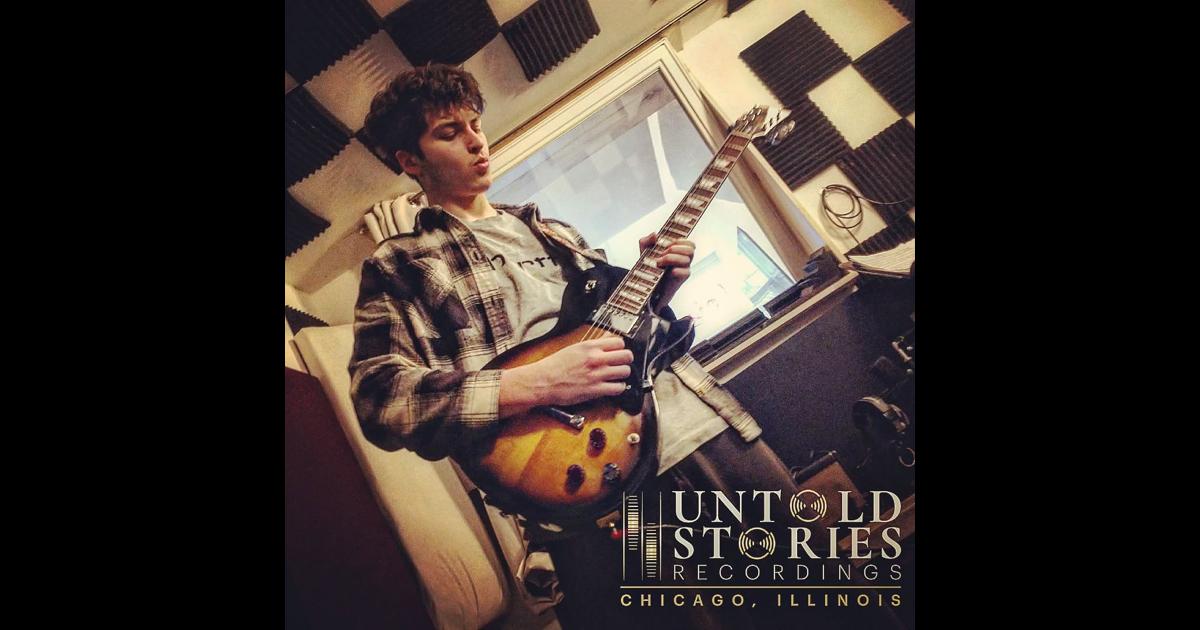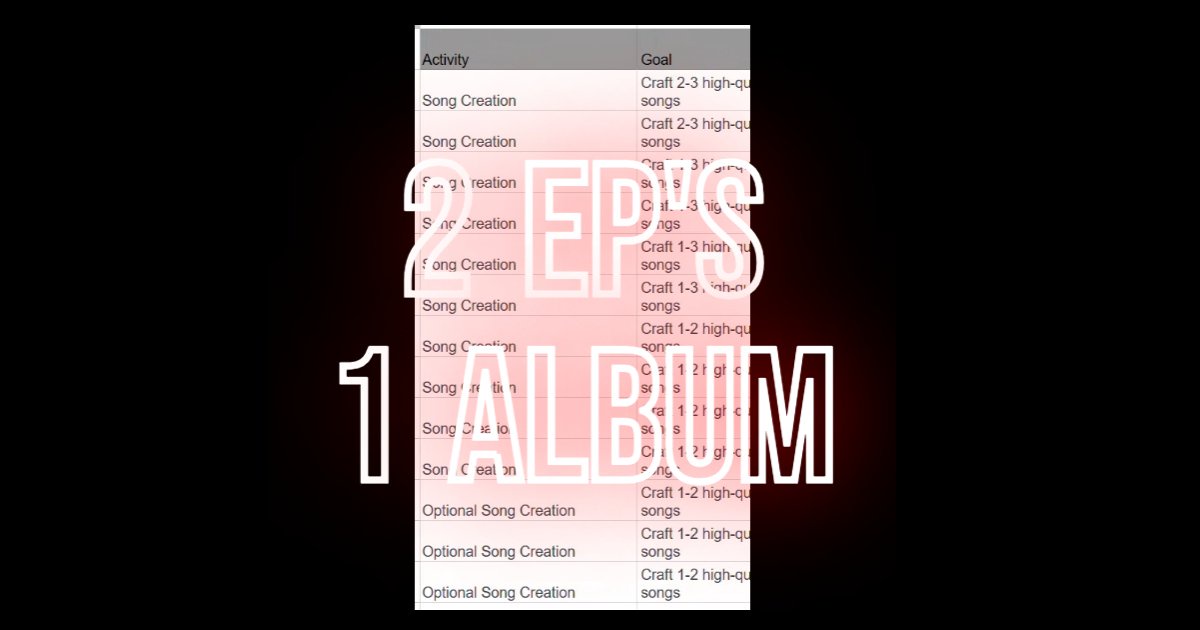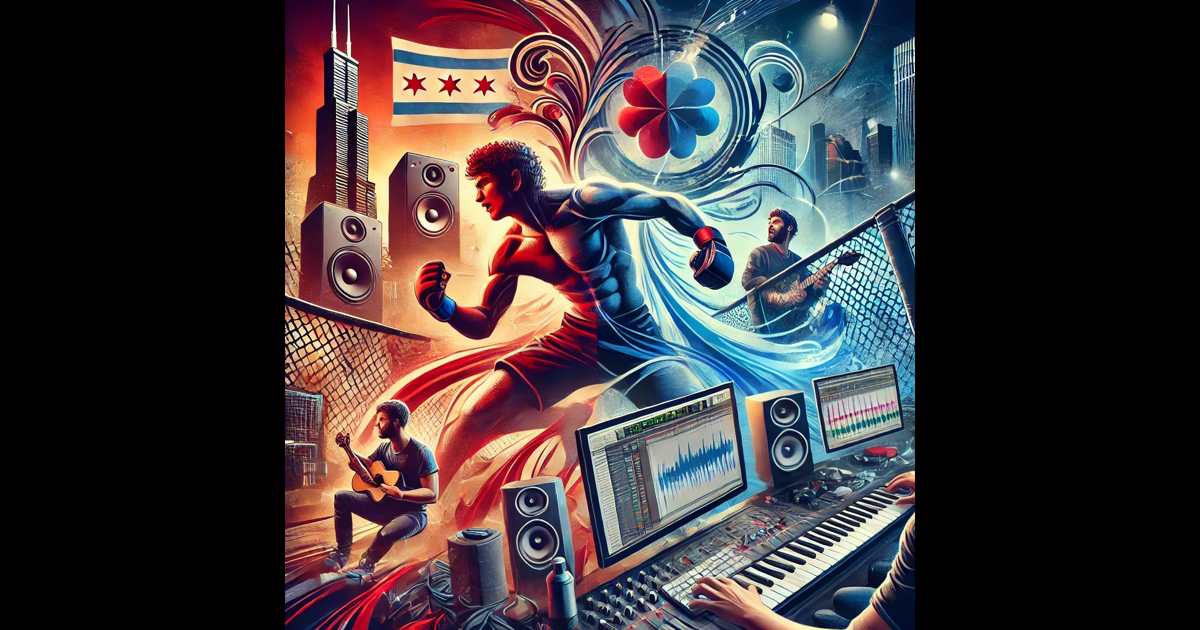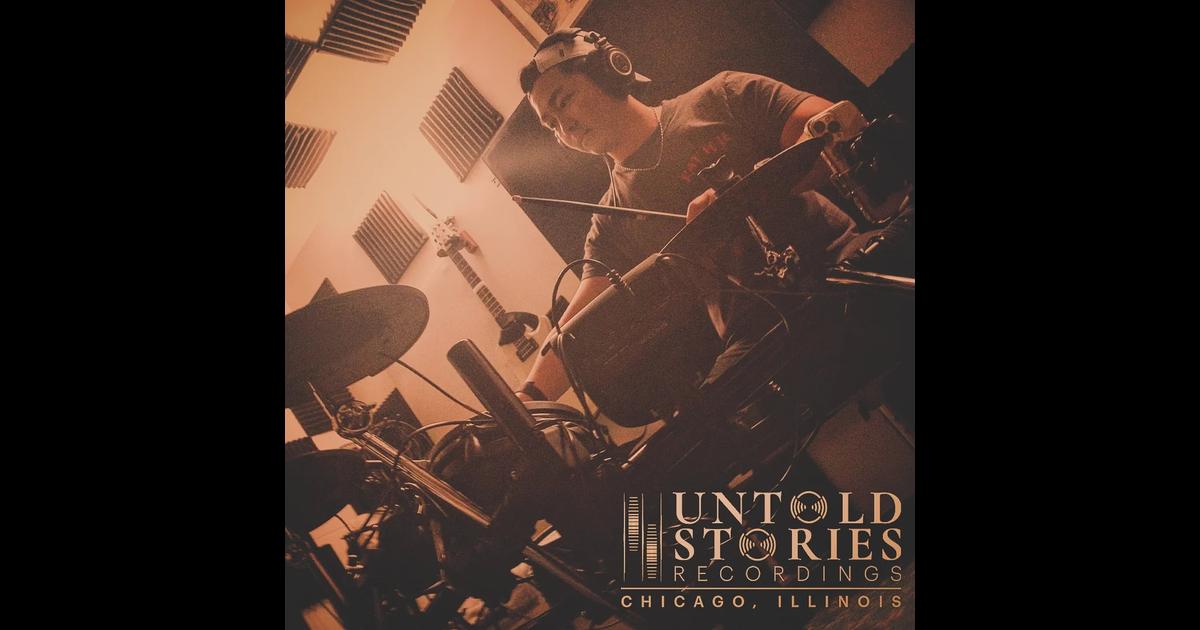Art Historians vs. Art Critics: The Impact on Your Music at Untold Stories Recordings

As an artist, there’s always a lot of noise around your work. Some people love it, some hate it, and some offer feedback that’s neither good nor bad but just… opinion. I recently watched Megalopolis, Francis Ford Coppola’s new film, and thought it was one of the best I’d seen in years. The critics? Not so much. But that’s not surprising. Critics often have very specific expectations, and they’re paid to judge what works and what doesn’t.
That got me thinking about how the roles of art historians and art critics differ—and how that distinction might change the way you view your own music and your process as an artist. Both groups analyze art, but they serve different purposes. And understanding the difference between them could help you focus on what’s important for your craft, especially when you’re in the studio working on your music.
Art Historians: Context Is Everything
Art historians dig deep into the context behind a piece of art. They’re interested in the bigger picture—how the artist lived, the culture they were a part of, and how their work fits into history. Take Leonardo da Vinci’s notebooks, for example. He wasn’t just creating art; he was documenting his observations about the world around him. When historians look at his work, they’re not just considering the brushstrokes or the techniques; they’re studying how da Vinci’s art reflected his time, his culture, and his unique approach to life.
As a musician, think about your own work. What are you capturing in your songs? What are you expressing about the world you live in? What experiences shape your music? A good recording studio will take the time to understand these elements, helping you express those deeper meanings in your music. It’s about creating a space where your music isn’t just heard, but understood.
Art Critics: Judging the Work
On the other hand, art critics play a different role. They’re the ones who analyze and judge a piece of art based on technique, emotion, and impact. Critics decide what’s good and what’s bad. Their words can shape public opinion, often influencing how a piece of art is received in the mainstream.
Criticism is an important part of the creative process, but it’s crucial to remember that it’s subjective. A critic’s perspective is shaped by their own background, experience, and biases. It’s not always about whether your work is “right” or “wrong”—it’s about how they connect to it or don’t. In the world of music, this can be tough. You can’t control how a critic will react to your work. But the musicians I find most exciting to work with aren’t focused on pleasing critics. They focus on letting their music be an unfiltered reflection of who they are.
Your Music: An Unfiltered Reflection of Who You Are
When you come to my studio, it’s not about creating something for the critics. It’s about capturing your moment, your story, and your emotions. The musicians who excite me the most don’t concern themselves with what critics will think. They create music that reflects their lives, their experiences, and the world around them—without the pressure to fit into any predefined mold.
This doesn’t mean that critique has no place in the process. When applied thoughtfully, feedback can be a powerful tool to refine and improve your work. But it’s important to recognize that its relevance always depends on the critic’s perspective and intent. For example, if someone critiques your song based on a shallow understanding of your message, is that feedback really useful? Probably not. What matters is that you stay true to your vision and keep creating from a place of authenticity.
What Will Art Historians Uncover About Your Music?
I often think about a time far in the future, when we’re seen as an ancient civilization. What will art historians look back on and find about us through the music we create? Will they be able to understand the story of our times through the lyrics we wrote, the sounds we used, or the emotions we captured? The music you create today will be a piece of history, telling the story of who we were.
At Untold Stories Recordings, I want to help you capture that moment in time. Your music is part of a much bigger story, one that will speak to generations long after we’re gone. And while critics will always have something to say, it’s your voice, your story, and your truth that matter most.
Final Thoughts: Music for the Future
If your music is about capturing a moment rather than trying to please critics, then you’re the kind of artist I want to work with. Together, we can create something real and lasting, something that speaks to the future in ways that the critics might never understand. Let’s work on your music in a space where your creativity can thrive, free from the constraints of outside opinions.
At Untold Stories Recordings, we’re more than just a Chicago music studio. We’re a place where artists can be themselves and create music that’s true to who they are. If you’re ready to make your mark on the world, I’d love to help you tell your story. Let’s make music that won’t just be heard—but will be remembered for years to come.



